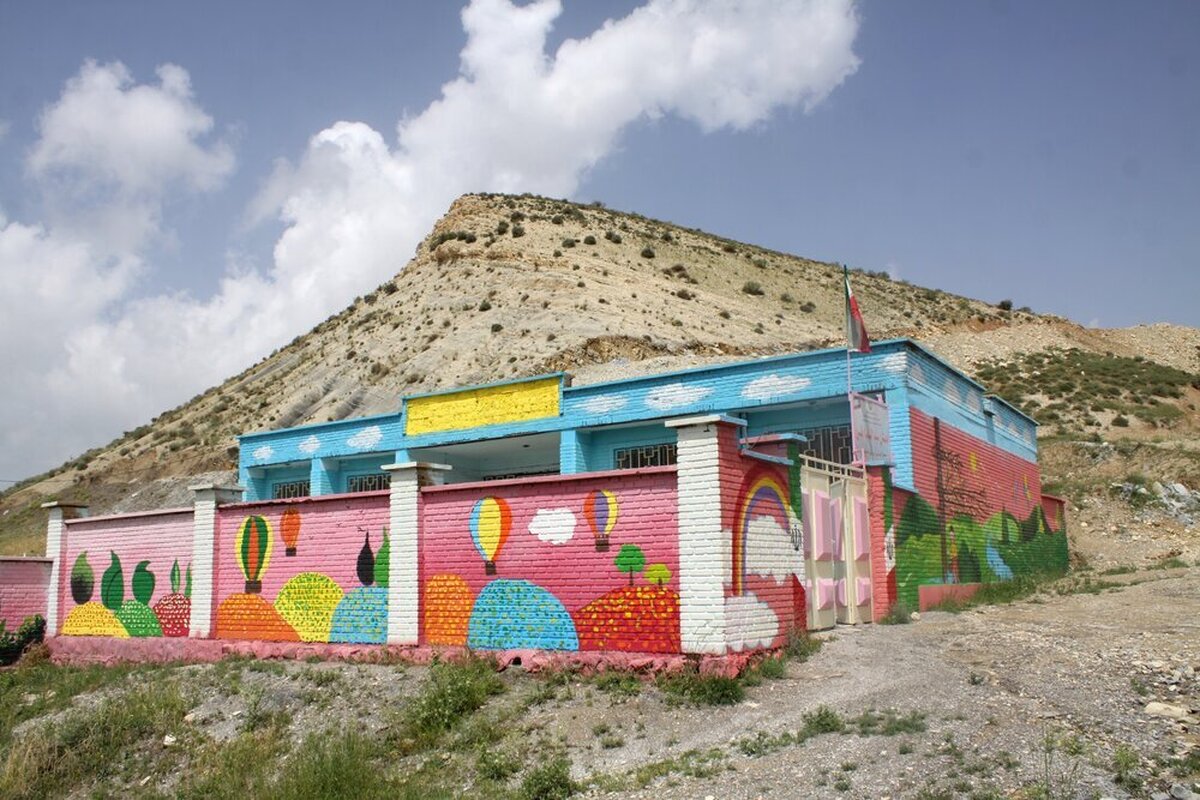Specialists Make System to Monitor Efforts to Improve Deprived Regions in Iran

“In general, we make two types of activities; the first category of activities is in the field of image processing and the second category is activities in the field of services,” said Mohammad Saeed Qassemi, the managing director of the knowledge-based company.
“One of the special services that we have offered is ‘Deprivation Radar’. This system monitors deprivation in different parts of provinces, cities and villages of Iran,” he added.
“The next step is the smart allocation of resources from a pool of financial and non-financial resources based on prioritization with the help of artificial intelligence to the deprived region,” Qassemi said.
Iranian experts believe that each of the strategies for empowering deprived areas will vary depending on the political, institutional, cultural and social characteristics, and these strategies will change over time.
Bita Hamed (an Assistant Professor and Director of the Sociology Research Group) and Sajedeh Vaezzadeh (Assistant Professor and Faculty Member of the Sociology Research Group) have studied the issue in an article entitled ‘empowerment models of underprivileged neighborhoods, problem or solution?’
They underlined the need to empower the managers and executive experts of the custodian and partner institutions, saying that empowerment projects require the participation of all stakeholders, and it is necessary for project implementers to be fully familiar with collaborative processes and to be able to activate the capacities of all stakeholders in order to participate as much as possible in the projects.
The researchers also stressed the need for integrated management, institutional capacity building and the use of the capacities of non-governmental institutions, adding that one of the requirements for the successful implementation of empowerment plans is to establish intra-sectoral coordination during the implementation of plans.
The need for information and transparency is another element emphasized by the researchers.
Avoiding prolonging the execution process of projects, the need to establish a strong relationship with people, the importance of observing the chronological order of implementing plans, the necessity of multi-stage implementation of plans, and the necessity of foresight and predicting possible risks in developing empowerment plans are other things.
The results of this research showed that empowerment in the form of a specific and predetermined model for all types of disadvantaged communities can be very misleading, because most communities are not socially homogeneous and are mainly differentiated by groups, ethnicity, religion, and gender differences. For this reason, institutional strategies for empowering poor people are different.
4155/v





















